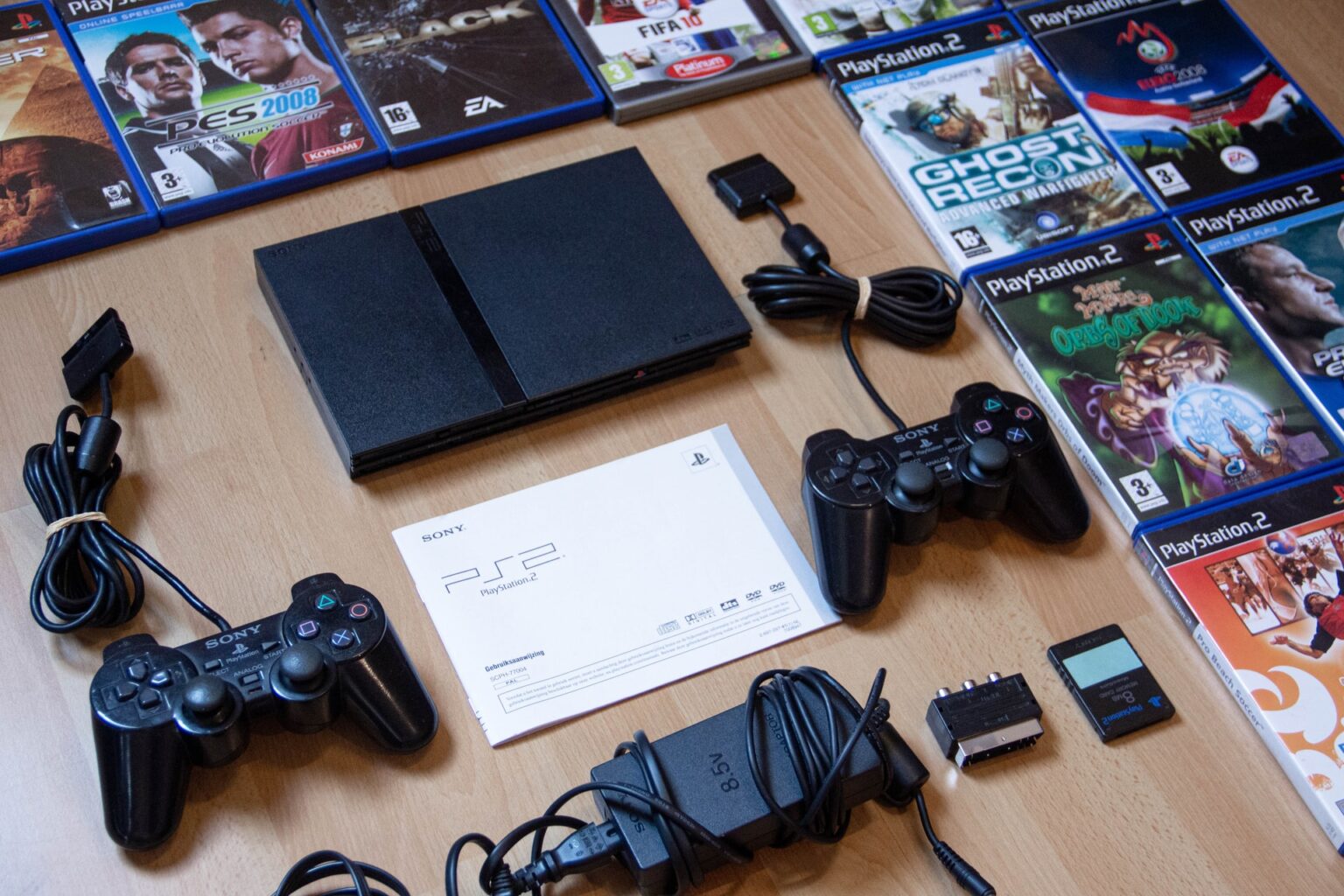


You've got to place the shot ahead of the target, for a given targets speed (walking vs running, vs in a vehicle), and lead the appropriate amount. There's bullet drop, and people can move toward, away, and side-ways.
#Ps2 emulator for mac 2017 10.12.6 simulator
Part of the fun is learning to control the wind up correctly so that you are in the exact place (you being a moving, rotating person AND then being a moving rotating person) somewhere in the future as opposed to "close in until within range/in-scope, then immediately triggering the left-mouse button." You have to continue guiding the attack as the attack is winding up.Īnother interesting one is long range sniping in simulator and quasi-simulator FPS games like say, PUBG. You click, and they don't actually attack for awhile. It's not rocket science.Īlso, there's weapons in some games (both melee and long range) that have considerable "wind up". Everyone just calls it "muscle memory." The pattern is never the same with a ball bouncing off a table. It's really no different that carrying on a conversation while playing a game of casual pong with a friend. They're arguing that it's more than just randomness at play.) (So nobody is arguing that the Hexagon game isn't "more random". You unfocus your eyes and play through your peripheral vision. When you're playing 9-step (out of 10) step songs, you're not watching individual arrows at all.

Obviously, people's brains are reacting to similar patterns (each song has a "style" and many songs are of the same "style" with things like jumps, diagonals, triplets and so on), as well as other subconscious neural reactions. They'd have to "ramp up" as they memorized the new song. If it was simply memorization, they wouldn't be able to play same or near difficulty songs. If it was, when you play a _new_ song, you'd be as rusty as when you first started to learn to play.īut new versions come out, with new sets of songs, and people play songs of the same approximate difficulty as well.


 0 kommentar(er)
0 kommentar(er)
